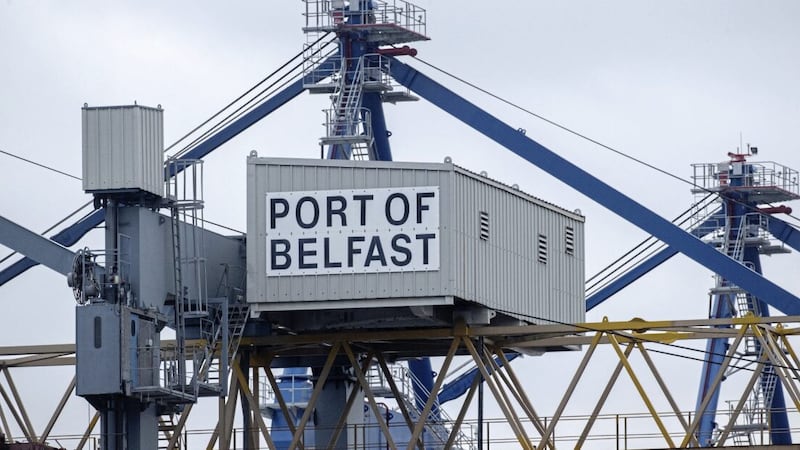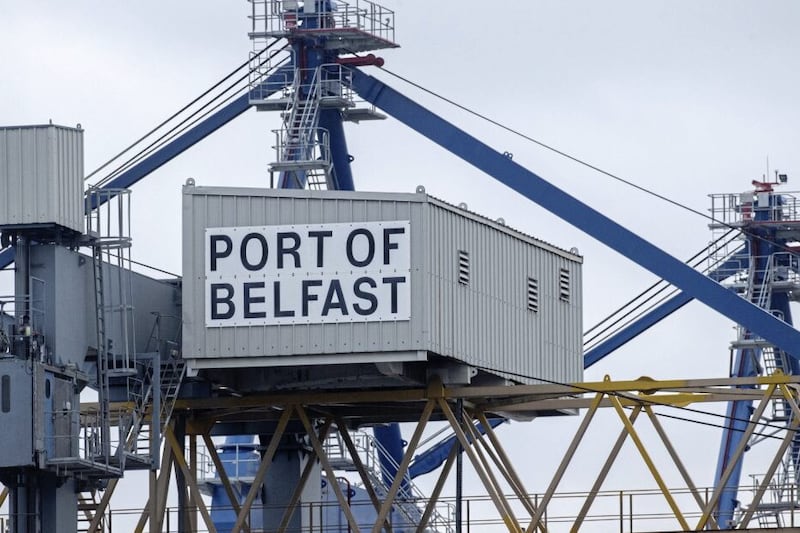A WESTMINSTER committee has asked the British government to set out the manifold impact of the controversial legislation that seeks to disapply elements of the Northern Ireland Protocol.
The House of Lords sub-committee on the protocol has written to Foreign Secretary James Cleverly highlighting the findings of its recent inquiry into the bill, which is currently being scrutinised by peers.
The letter sets out the evidence and arguments presented by "all sides of the debate", relating to the economic, political and legal impact of the protocol and the subsequent legislation.
The committee held 11 evidence sessions with business and community representatives, academics, legal experts and political commentators. It visited Newry and Belfast in October, when it met business and community representatives, and representatives of Stormont's largest parties.
The peers have asked the British government to share its analysis of the overall economic impact of the Northern Ireland Protocol Bill, in terms of the north's trade with Britain, the Republic and and the rest of the EU.
They have also asked Mr Cleverly to outline the legal implications of the bill, including its legal justification.
Sub-committee chair Lord Jay of Ewelme said: "The committee is extremely grateful to all businesses, local community members, political leaders and stakeholders it has met and spoken to throughout the course of its inquiry.
"The personal experiences and insight that we heard, in particular during our visit to Newry and Belfast, are crucial to our understanding and analysis of the impact of the protocol, and of the Northern Ireland Protocol Bill, on the people, businesses and communities of Northern Ireland."
The crossbench peer said that amid what he termed the "tensions and uncertainty of recent years" that the people of Northern Ireland "must now be put first".
"Our message is simple – the UK and the EU, together with the political parties in Northern Ireland, Northern Ireland stakeholders and the Irish government, must all make a renewed commitment to work together to prioritise Northern Ireland’s interests, participate together in constructive engagement, rebuild trust, and engage in effective relationship-building, in order to resolve the issues that have arisen in relation to the protocol," he said.



